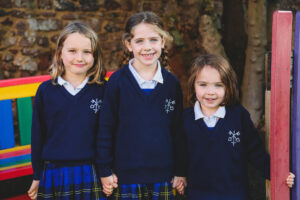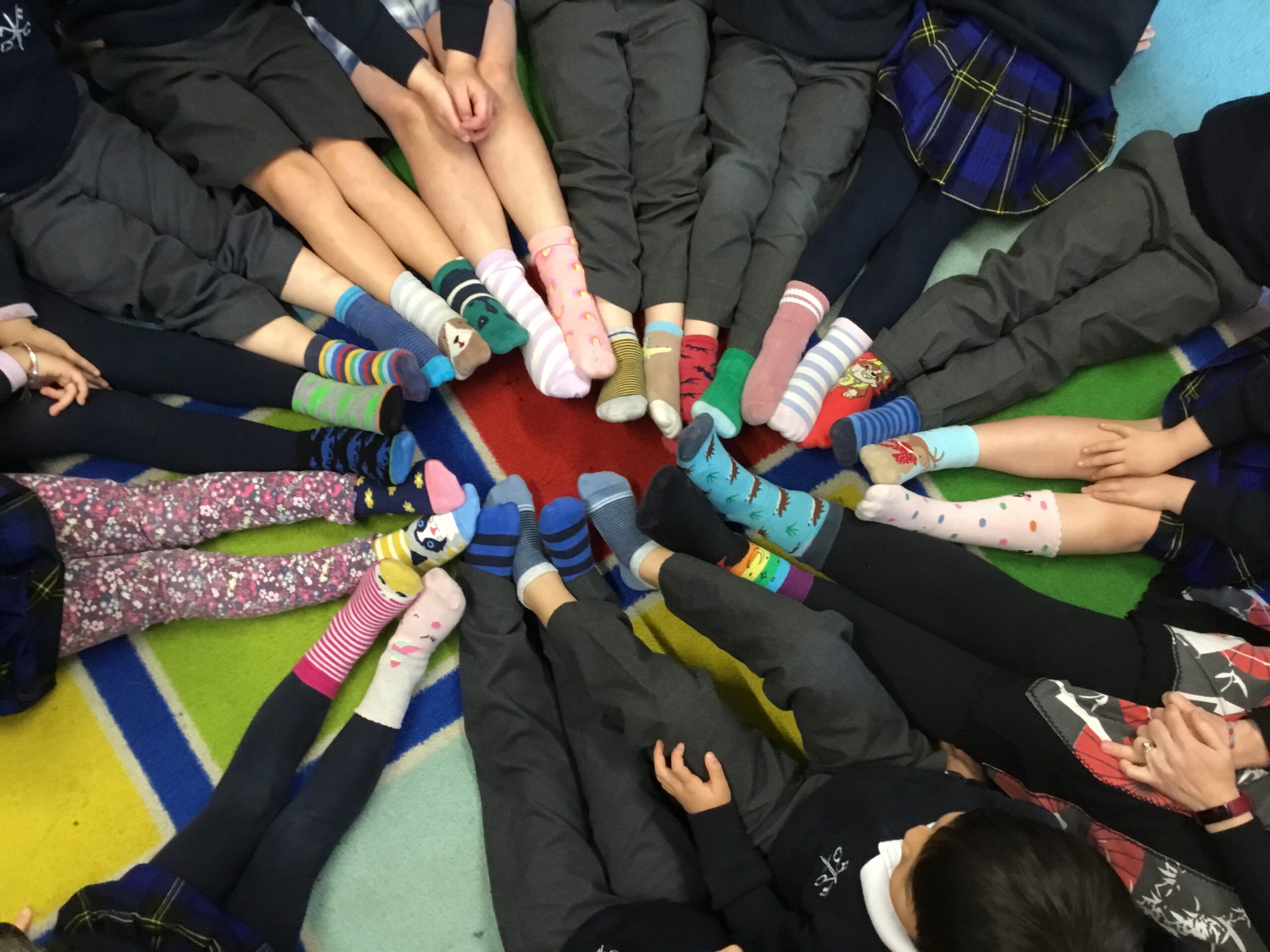We want our pupils to be mindful of, and grateful for, those around them; to be aware of themselves and of their impact on others; and, through Faith or a more general appreciation of spirituality, to have a sense of wonder and awe at the thought that they are part of something greater and more timeless than themselves.
These lines – first written into the School’s literature in 2016 (and lifted, in fact, from my letter of application to become Head here) – seem particularly pertinent right now.
This week the media spotlight has been on the outcome of the Chauvin trial following the murder of George Floyd in May; and over the Easter break the headlines were dominated by the ‘Everyone’s Invited’ website (triggering Ofsted to announce a root-and-branch review of schools’ safeguarding procedures and cultures). Schools everywhere are – I hope – considering their social, moral and pedagogical responsibilities to address and respond within their communities to these two landmark moments.
The curriculum is a logical and easily-measurable place to start. The introduction of a new statutory RSE (relationships and sex education) syllabus – spanning the Early Years right through to a school’s oldest pupils – will clearly play its part, and schemes of learning can and should be adapted to encourage a heightened awareness of the significance of the BLM movement.
But there must be more to it than that. Stand-alone topics in parts of the curriculum can do a great deal to aid knowledge, but schemes of learning alone do not instil a culture. And it seems to me that if schools are really to play their part in addressing and responding to the societal issues highlighted by the BLM movement and by Everyone’s Invited, establishing and fostering a culture of awareness – of self, of other, and of one’s impact on others – is fundamental: it is both the starting point and the bedrock.
At ECS, in our aim to help pupils be ‘mindful of, and grateful for, those around them’; to be ‘aware of themselves and of their impact on others’; and to appreciate that they are ‘part of something greater and more timeless than themselves’, we focus (albeit not explicitly) on three core strands: Community – belonging and contributing; Personal responsibility – individual and collective; Conflict – resolution and response.
The importance of coming together as a community (assemblies, form time, playtimes, Lower Years/Upper Years meetings, house competitions, trips, matches, Evensongs) is not to be underestimated. Knowing your peers and those around you, seeing what they do, understanding how they feel, celebrating their successes, sharing in their disappointments, cheering them on, learning about differences and drivers – these are all significant factors in enabling pupils to feel part of the whole and to know that they have a place within our community. That’s where that all-important sense of belonging is born.
Opportunities for leadership and responsibility within that community (pupil leadership team, school council, eco team, boarders’ council, food committee, team captains, being the ‘smartie’ in the Pre-Prep) add further to the important sense of personal investment, involvement, reward and value. And a rewards and sanctions system which encourages personal responsibility and at the same time a shared collective responsibility (house-points are earned by individuals, and they are duly recognised for this; the points they earn then go towards their House total as part of the annual competition) helps instil the key message that doing things ‘per se’ sits within the overarching imperative to do things ‘per alium’. As a 900-year-old cathedral foundation which gives onto the Cathedral Green in the city centre, we are all of us conscious that we are part of something that is ‘greater and more timeless than ourselves’.
And when things go wrong – which they sometimes do – a school’s response can make or break that sought-after culture. The key aspect of dealing with pupil conflict is the conversation which follows any incident. True, a sanction may be needed, but a well-managed conversation can do far more than a punishment alone. Time spent with the recipient of unkind behaviour is essential: they need to know that they can expect to go through their day at School without experiencing intimidating or threatening behaviour – ours is a safe and a listening community. But time spent with the pupil whose behaviour has caused the upset is also invaluable: what triggered it? How do they think the other person may now be feeling? How do they feel about making someone feel like that? Where did their behaviour fall short? What could they have done differently? Conflict resolution meetings are hard, but they can serve a really important purpose: helping children understand and appreciate the impact of their actions and words on those around them.
These three areas don’t of course directly confront or address the symptoms of the BLM movement or of the Everyone’s Invited revelations: there continues to be much more work to be done on that in age-appropriate and contextualised forums. But they do help to build and foster a culture of awareness – of self, of other, of impact on those around us – that if got right – if lived out in schools and elsewhere, if promoted, modelled, lauded and applauded – might provide a firm footing for young people to make decisions which are based on tolerance, empathy, understanding, compassion, and an unwavering sense of personal responsibility and collective values.













